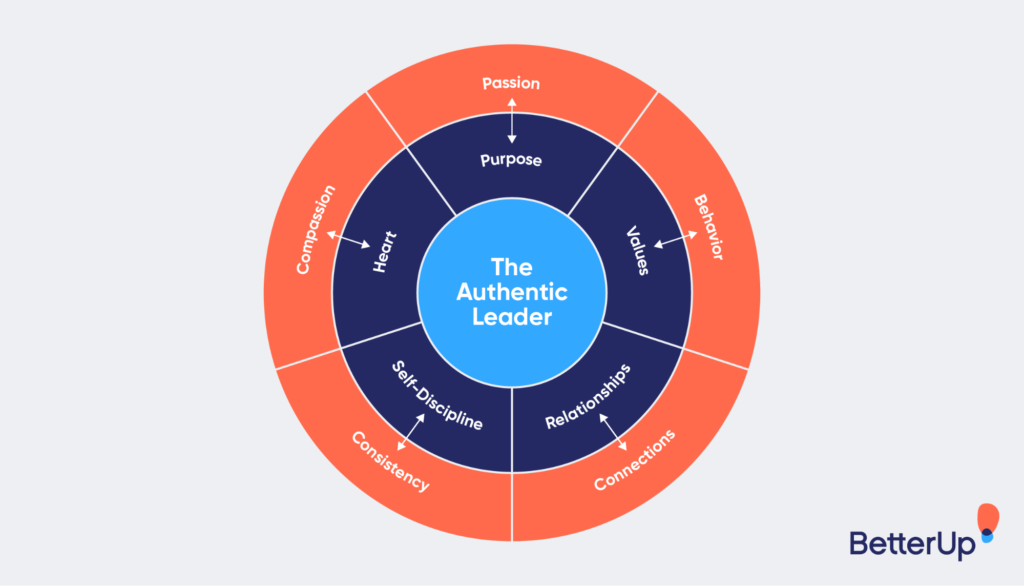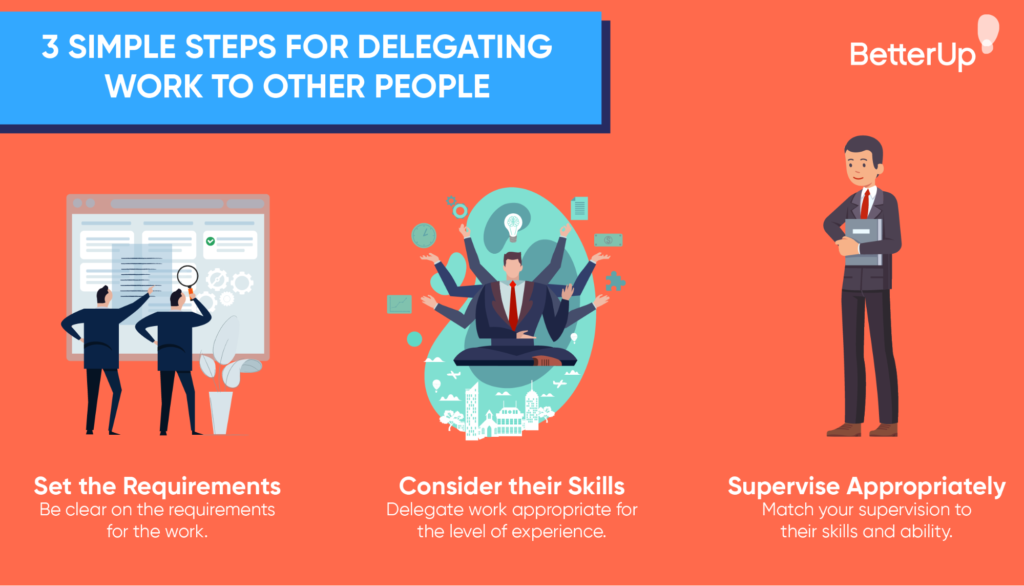Effective leadership is crucial for organizational success, but leaders often face various challenges that can impact their ability to lead effectively. Addressing these challenges with practical solutions helps leaders navigate difficulties and drive their teams toward success. This article explores common leadership challenges and provides solutions to overcome them.

1. Managing Team Conflict
Challenge: Conflicts within teams can hinder productivity, create tension, and affect morale.
Solution: Address conflicts promptly and constructively by:
- Encouraging Open Communication: Create an environment where team members feel comfortable expressing their concerns and viewpoints. Use active listening techniques to understand different perspectives.
- Mediating Disputes: Act as a mediator to facilitate discussions and help team members find common ground. Focus on resolving underlying issues rather than just symptoms.
- Implementing Conflict Resolution Training: Provide training for team members on conflict resolution skills. This equips them with tools to handle disputes effectively.
2. Navigating Change
Challenge: Leading teams through change can be challenging, especially when employees are resistant or uncertain.
Solution: Manage change effectively by:
- Communicating the Vision: Clearly articulate the reasons for the change, its benefits, and the expected outcomes. Transparency helps reduce uncertainty and resistance.
- Involving Team Members: Engage employees in the change process by seeking their input and addressing their concerns. Participation fosters ownership and reduces resistance.
- Providing Support: Offer resources and support to help employees adapt to change. This can include training, counseling, or additional guidance during the transition.
3. Balancing Work and Personal Life
Challenge: Leaders often struggle to balance their professional responsibilities with personal life, leading to burnout and reduced effectiveness.
Solution: Achieve work-life balance by:
- Setting Boundaries: Establish clear boundaries between work and personal time. Avoid taking work home and set specific times for work-related activities.
- Delegating Tasks: Delegate tasks effectively to team members to distribute workload and reduce personal stress. Trusting others with responsibilities helps balance your load.
- Prioritizing Self-Care: Incorporate self-care practices into your routine, such as exercise, hobbies, and relaxation. Taking care of yourself enhances overall well-being and effectiveness.
4. Building and Maintaining Trust
Challenge: Trust is essential for effective leadership, but building and maintaining it can be difficult, especially in challenging times.
Solution: Build and maintain trust by:
- Demonstrating Integrity: Be honest, transparent, and consistent in your actions and decisions. Integrity fosters trust and credibility.
- Delivering on Promises: Ensure you follow through on commitments and promises. Reliability reinforces trust and confidence in your leadership.
- Showing Empathy: Understand and acknowledge the concerns and feelings of team members. Empathetic leadership builds strong, trusting relationships.
5. Developing Leadership Skills
Challenge: Leaders must continuously develop their skills to stay effective and relevant in a changing environment.
Solution: Develop leadership skills by:
- Seeking Feedback: Request feedback from peers, mentors, and team members to identify areas for improvement. Constructive feedback helps refine your leadership approach.
- Engaging in Professional Development: Participate in leadership training, workshops, and conferences to enhance your skills and knowledge. Lifelong learning is essential for growth.
- Learning from Experience: Reflect on past experiences and learn from successes and failures. Applying lessons learned helps improve future leadership effectiveness.
6. Managing Diverse Teams
Challenge: Leading a diverse team presents challenges related to differences in backgrounds, perspectives, and work styles.
Solution: Manage diverse teams effectively by:
- Promoting Inclusion: Foster an inclusive environment where all team members feel valued and respected. Encourage diverse perspectives and ideas.
- Providing Diversity Training: Offer training on cultural competence and unconscious bias to raise awareness and improve interactions.
- Leveraging Strengths: Recognize and leverage the unique strengths and talents of each team member. Diverse teams can drive innovation and creativity when managed well.
7. Driving Performance and Motivation
Challenge: Maintaining high performance and motivation levels can be challenging, especially in a dynamic work environment.
Solution: Drive performance and motivation by:
- Setting Clear Goals: Define clear, achievable goals and expectations for team members. Well-defined goals provide direction and motivation.
- Recognizing and Rewarding Achievements: Acknowledge and reward individual and team achievements. Recognition boosts morale and encourages continued high performance.
- Providing Growth Opportunities: Offer opportunities for professional development and career advancement. Growth opportunities keep team members motivated and engaged.
8. Handling Uncertainty and Risk
Challenge: Leaders often face uncertainty and risk, which can impact decision-making and strategic planning.
Solution: Handle uncertainty and risk by:
- Conducting Risk Assessments: Regularly assess potential risks and develop contingency plans. Being prepared helps manage uncertainty effectively.
- Making Data-Driven Decisions: Use data and analytics to inform decisions and reduce uncertainty. Data-driven insights provide a clearer picture of potential outcomes.
- Encouraging Flexibility: Foster a flexible mindset within the team. Being adaptable helps navigate uncertainty and respond to changing conditions.
Conclusion
Leadership challenges are inevitable, but addressing them with effective solutions can enhance leadership effectiveness and drive organizational success. By managing team conflict, navigating change, balancing work and personal life, building trust, developing leadership skills, managing diverse teams, driving performance, and handling uncertainty, leaders can overcome obstacles and lead their teams to success. Investing in leadership development and embracing these solutions prepares leaders to face challenges confidently and effectively.
Meta Description: Explore common leadership challenges and practical solutions, including managing conflict, navigating change, balancing work-life, and developing skills for effective leadership and team success.

